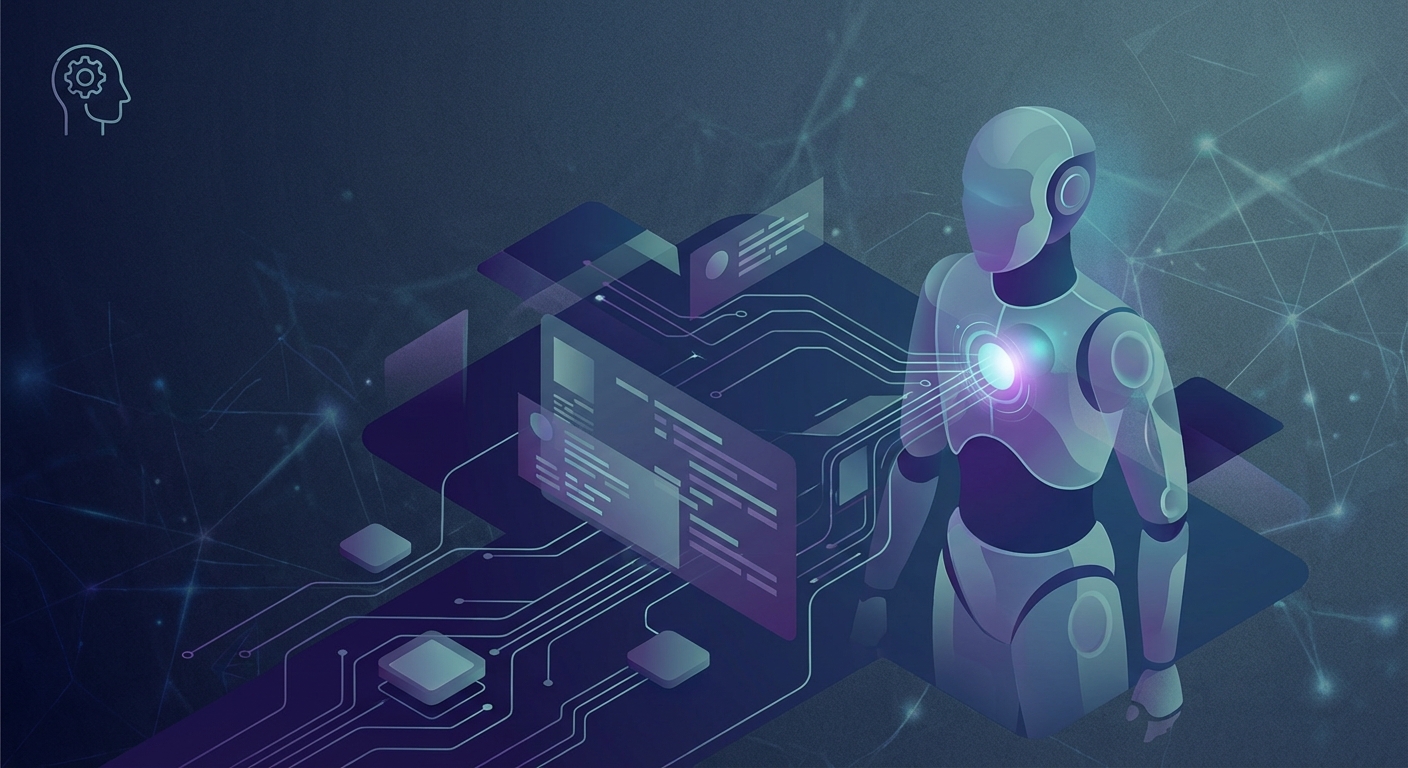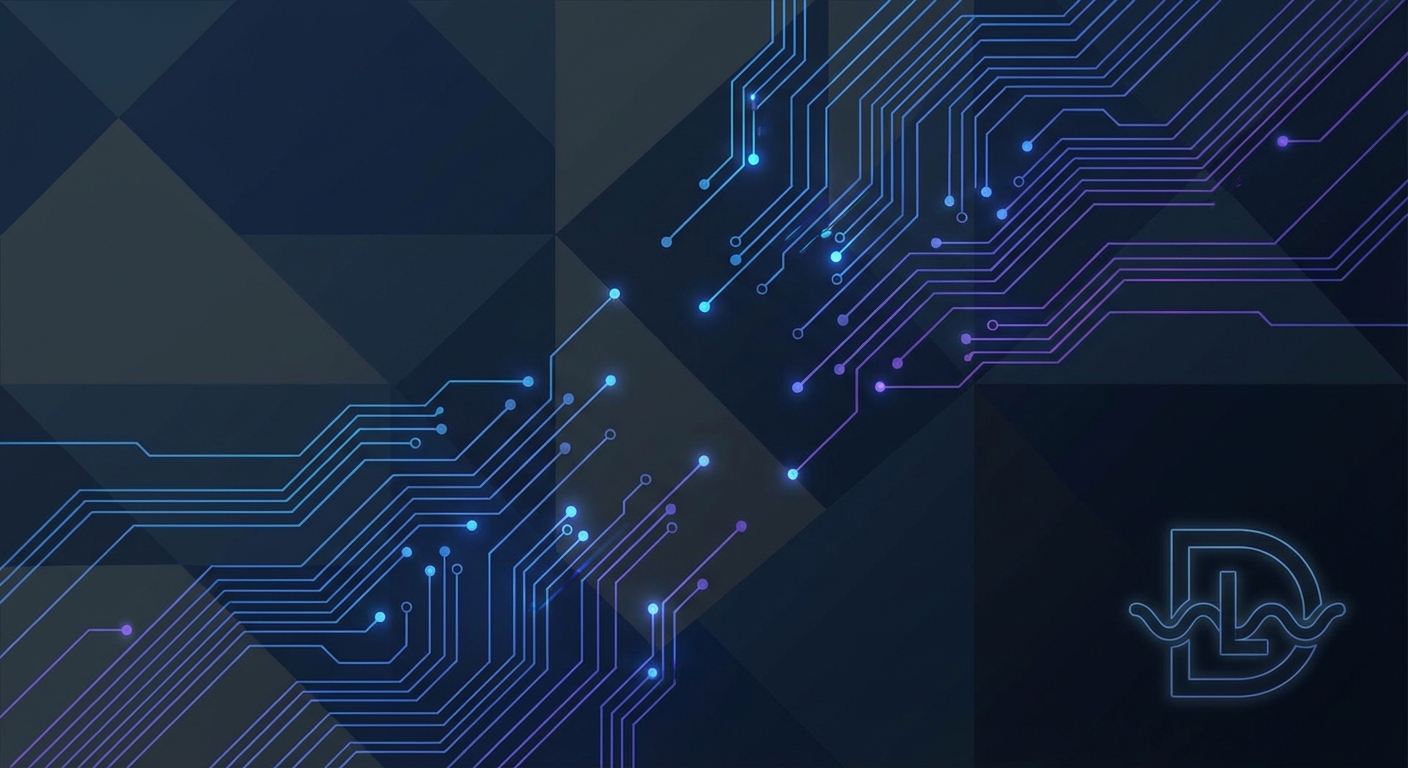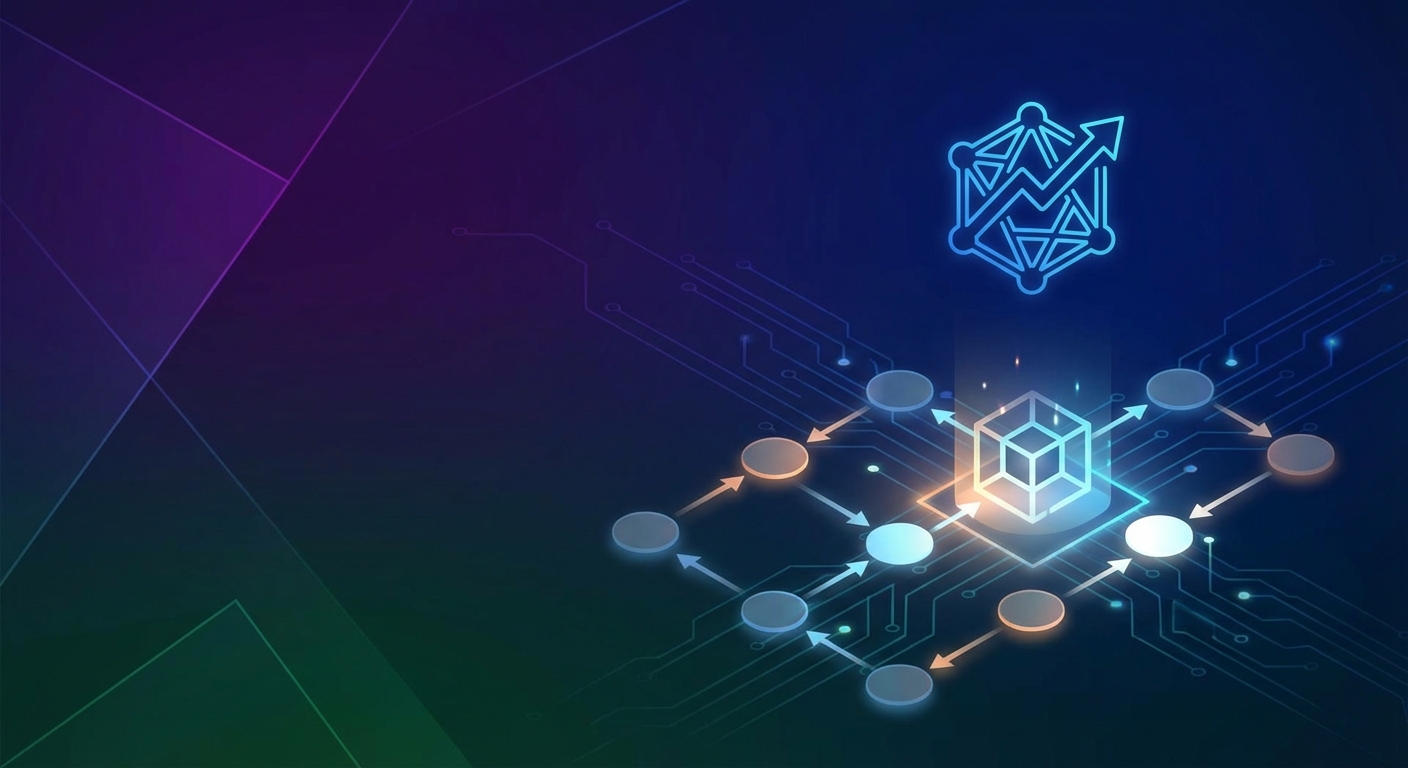Exploring AI Agents: Definitions, Examples, and Categories
TL;DR
- This article covers the fundamentals of AI agents, from defining what they are and how they work, to exploring real-world examples and key categories. You'll gain a solid understanding of AI agent capabilities and their potential in areas like automation, security, and enterprise AI solutions. Plus, we'll touch on the crucial aspects of IAM, governance, and ethical considerations for responsible AI agent deployment.
What is the CISSP Certification?
Alright, so you've heard of the CISSP, right? It's like, the cybersecurity certification. But what is it, really?
- It's vendor-neutral, meaning it isn't tied to one company's products.
- Globally recognized, so it carries weight wherever you go.
- It proves you have the skills to build and run a top-notch security program, according to ISC2 itself.
Basically, getting your cissp shows you know your stuff. It's a big deal in the security world.
Is CISSP Right for You?
So, you're eyeing up the CISSP? Good for you! But, is it really the right move right now?
- First, give yourself an honest cybersecurity skills assessment. Are you solid on the fundamentals?
- Next, really look at those experience requirements. Do you actually meet them, or are you stretching the truth a little?
- Finally-- where do you wanna go with your career? According to isc2, the cissp is ideal for a range of positions from ciso to security architect.
Thinking about where you are now versus where you want to be is key. If it sounds like a good fit, let's dive into why it's so important.
Why is the CISSP So Important?
So, why all the fuss about the CISSP? Well, it's more than just a piece of paper. It's a serious indicator of your expertise in the cybersecurity field.
- It's a Mark of Expertise: The CISSP proves you have a deep understanding of security principles and practices across a broad spectrum of topics. It's not just about knowing one thing; it's about understanding the whole picture.
- Boosts Your Credibility: Having a CISSP next to your name instantly elevates your professional standing. Employers recognize it as a benchmark of skill and dedication.
- Opens Doors: Many senior-level cybersecurity roles require or strongly prefer CISSP certification. It can be the key to unlocking those higher-paying, more impactful positions.
- Globally Recognized: Whether you're looking for a job in your hometown or across the globe, the CISSP is a credential that's understood and respected everywhere.
Basically, it's a way to show the world you're serious about cybersecurity and have the chops to back it up.
CISSP and Application Security, ai Security, and Code Security
So, you're thinking about how the CISSP lines up with application, ai, and code security? Good thought! It's not just about firewalls and networks, ya know.
- For application security, CISSP training gives you the know-how to bake security into apps from the start. You'll get a handle on common vulnerabilities and how to dodge 'em.
- When it comes to ai security, CISSP helps you think about things like data privacy and keeping ai systems from going rogue. It's about applying solid security principles to a new kinda beast.
- And with code security, it's all about writing secure code and catching vulnerabilities early in the sdlc.
Basically, CISSP gives you a broad view of security that you can use in all sorts of ways. With that in mind, let's look at what it takes to get certified.
Requirements for CISSP Certification
Okay, so you're serious about getting that CISSP. It's not just showing up and acing a test, ya know? There's a few hoops you gotta jump through.
First off, you need some serious experience under your belt.
- At least five years of full-time work in at least two of the eight CISSP domains. (CISSP Experience Requirements - ISC2) Think risk management, asset security, that kinda stuff.
- Now, if you got a four-year college degree or some other fancy credential, they'll knock a year off that requirement. (Governor Newsom releases new framework to create high-paying ...)
- that's a relief, right?
- But what if you don't have the full five years?
- Well, you can still take the exam and become an "Associate of (isc)²" according to way2certify - they have six years to get the work experience. If they don't meet the requirement within that time, their associate status will expire.
You'll also need to pass the CISSP exam, obviously. And, you have to get endorsed by someone who's already a CISSP. Plus, you gotta promise to follow their code of ethics. It's like, you're joining a club, and they wanna make sure you're not gonna mess things up for everyone else.
Moving on to the exam itself - what to expect and how to tackle it.
The CISSP Exam: A Closer Look
Okay, so you're ready to face the CISSP exam? It's not a walk in the park, but with the right prep, you got this! Let's break down what you're up against.
- The exam covers eight key domains, which are:
- Security and Risk Management
- Asset Security
- Security Architecture and Engineering
- Communication and Network Security
- Identity and Access Management (IAM)
- Security Assessment and Testing
- Security Operations
- Software Development Security
- So, yeah, you gotta know a lot.
- It uses Computerized Adaptive Testing (CAT), at least for the english version, which basically means the test gets harder or easier depending on how you're doing.
- Get a question right, and the next one is gonna be tougher. Mess up, and it eases off a bit. This also means the number of questions you get can vary, typically between 125 and 175, and the time you have is usually around three hours.
- You need a score of 700 out of 1000 to pass.
- No biggie, right?
So, now you know what's coming. Next, we'll look at how to prepare, so you can nail it.
Maintaining Your CISSP Certification
So, you've got your CISSP? Congrats! But it's not a "set it and forget it" kinda thing - you gotta keep that certification active. Think of it like a gym membership for your brain.
You need to earn 120 CPE credits every three years, which sounds like a lot, but it's doable. CPE credits can come from all sorts of activities, like attending security conferences, taking relevant courses, writing articles, or even just doing some independent study.
Here are some general categories for earning CPEs:
Professional Development Training: Courses, seminars, workshops.
Conferences and Events: Attending industry events.
Professional Activities: Speaking at events, writing articles or books, contributing to standards bodies.
Self-Study: Reading industry publications, research.
For example, if you are in healthcare, attending a seminar on securing patient data could earn you CPE credits.
Or; if you're in retail, maybe a webinar on preventing point-of-sale system hacks?
Banking? A course on compliance with financial regulations. You get the idea.
Don't forget the annual maintenance fee! It's like, 125 bucks. Neglecting this, or failing to meet your CPE requirements, and your CISSP goes poof! Make sure you stay on top of it.
Next, we'll chat about career benefits from getting a CISSP.
Career Benefits of CISSP
Okay, so you're wondering if getting your CISSP is worth it? Well, let me tell ya - it can seriously boost your career.
- First off, it opens doors to more job opportunities. Companies are always on the hunt for CISSP-certified pros to fill those senior security roles.
- Ever notice how many job postings specifically ask for a CISSP? It's kinda wild.
- And speaking of roles, a CISSP can help you land leadership positions in cybersecurity. Think security manager, director, or even ciso.
- It shows you got the know-how to lead a team and make the big decisions.
- Plus, it can seriously bump up your earning potential. Because employers know what they're getting with a CISSP.
Having that CISSP next to your name? It's a big deal.
- It's a respected credential that shows employers you know your stuff.
- It enhances your professional credibility, making you a more attractive candidate.
- Basically, It tells the world you're serious about security and have the skills to back it up.
So, what's next after you get your CISSP? We'll explore the future trends in cybersecurity.
Enhance Your Application Security with Backslash Security
Thinkin' about leveling up your app security game? Well, here's the deal...
- Head over to the Backslash Security Blog for the latest scoops on SAST & SCA. You'll find tips on vulnerability management and how to weave security into your code and cloud setup.
- It's like, get the inside track on what the pros are doing.
- They also got stuff on securing ai coding.
- So, you're not left in the dust as ai changes everything.
Basically, it's a good place to keep up!




